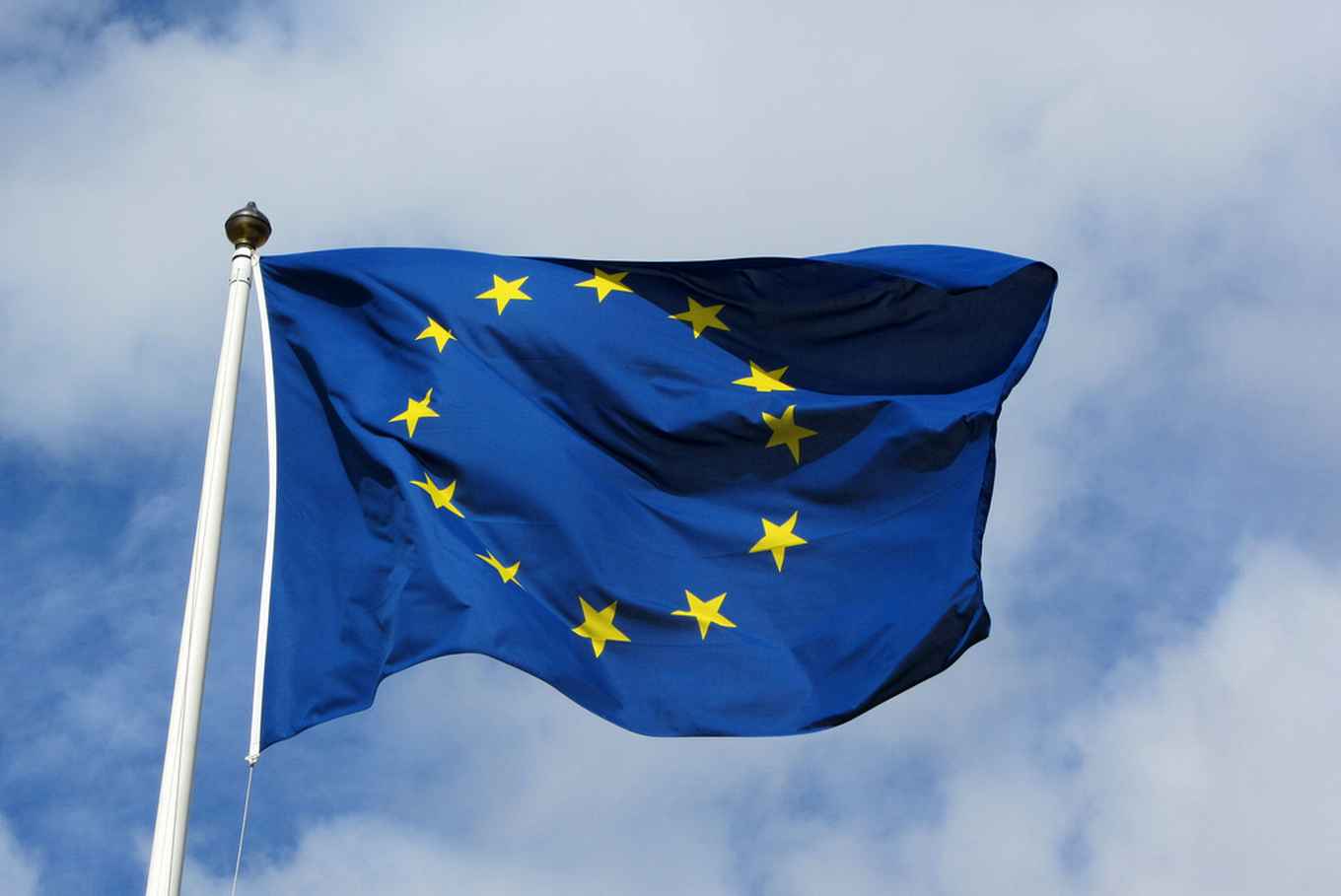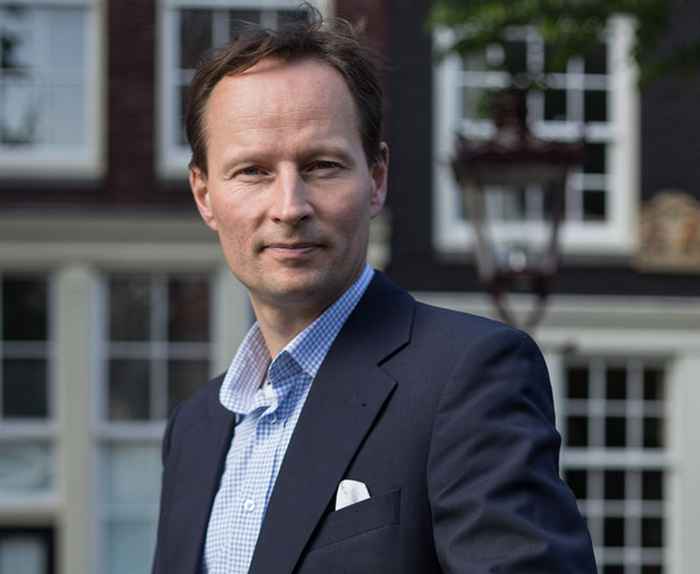Professor Bob van der Zwaan contributes to important EU decarbonisation report
'Both the natural and social sciences are needed to support the energy transition'
7 January 2019

'The report is especially strong in explaining that in order to realize the energy transition, both applied and fundamental research needs to cross the boundaries of traditional academic disciplines and the borders between our economy’s principal sectors', says Van der Zwaan. 'Both the natural and social sciences are needed to support the energy transition. A complete understanding of this transition can only materialize by approaches featuring multi-disciplinarity as well as complexity.'

Van der Zwaan was one of three editors of the report through the EU-funded project 'DialoguE on European Decarbonisation Strategies' (DEEDS). He contributed in particular to three chapters: on the energy sector in Europe, on transport and mobility, and on economic implications of the low-carbon transition. These topics belong to his fields of expertise as senior researcher at the Energy Transition Studies research group of ECN part of TNO, and as professor of Sustainable Energy Technology at UvA-HIMS.
According to Van der Zwaan, the HLP report points out that Europe can take a global lead in reaching the targets of the Paris Agreement, given its institutions, its history, its economy and its long-standing tradition in science and innovation. 'I expect that the HLP report will form important input for the formulation of 'Horizon Europe', the forthcoming EU research Framework Programme' as successor to ‘Horizon 2020’.
Catalogue of hope
The report was published a few days before the start of the UNFCCC COP-24 international climate change negotiation conference in Katowice, Poland (2-14 december 2018). 'We can innovate ourselves out of the climate crisis', said HLP chairman Hans Joachim Schellnhuber on the occasion of the publication. 'But we need to take bold decisions and we need to take them quickly. European research policy should spend taxpayers’ money where the impact is greatest: on breakthroughs and social inventions rather than on subsidising tip-toeing. My eight colleagues and I are proud to present a catalogue of hope, both for our climate and for our economy.' One of these eight colleagues and vice-chair was Maria van der Hoeven, former Dutch minister of Economic Affairs and Former Executive Director of the International Energy Agency (IEA) in Paris.
The Panel recommends the European Commission to
* engage in a race to the top in innovation for decarbonisation, searching for new alternatives;
* give priority to zero-carbon solutions that have the potential to be developed and deployed within the 2050 timeframe;
* explore and develop portfolios of zero-carbon technologies, promoting diversification, and reducing the risk of too-early and risky choices;
* emphasise system-level innovation, promoting sector-coupling so that the individual elements of decarbonisation fit together in a coherent whole;
* focus investments in the high added-value segments of the value chains;
* engage in smart international cooperation for zero-carbon innovation.
The High-Level Panel of the European Decarbonisation Pathways Initiative consisted of nine members from academia, industry and public administration. The group was tasked by Commissioner Moedas with advising the Commission in relation to research and innovation strategies and priorities that will support and accompany EU decarbonisation pathways compatible with the goals of the Paris Agreement. The work of the High-Level Panel started in autumn 2016 and ended in autumn 2018, after ten discussion sessions. They were supported by many experts, who agreed to take part in the discussions, as well as by the EU-funded DEEDS project, tasked with facilitating the preparation of the discussions and their syntheses, as well as by a secretariat provided by Directorate-General for Research and Innovation of the European Commission.